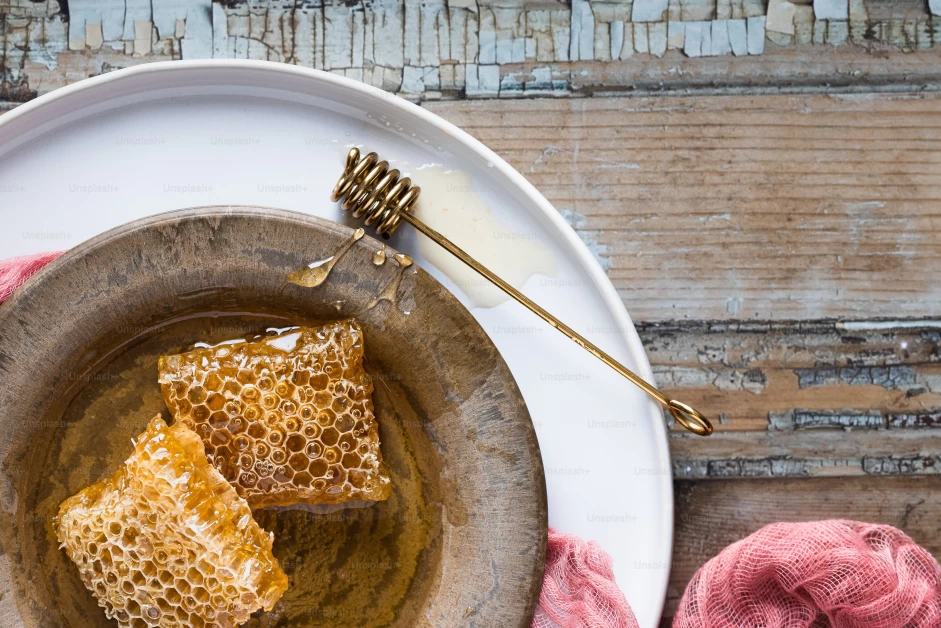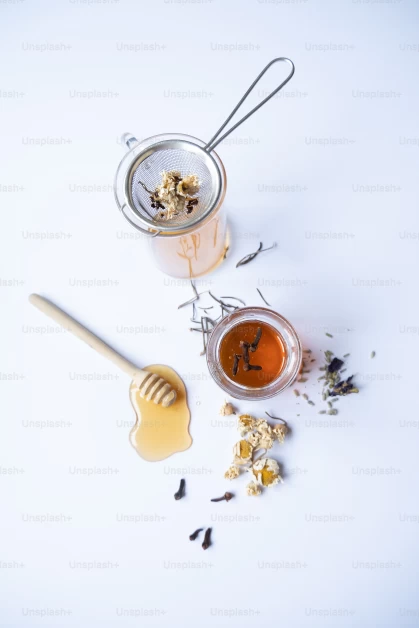Table of Contents
Introduction
Sinusitis can be a debilitating condition that affects many people. If you’re looking for a natural remedy, you may have considered using manuka honey. In this guide, we’ll explore the benefits of using manuka honey for sinusitis and provide you with all the information you need to know about this powerful ingredient.
What is Manuka Honey?
Manuka honey is a special type of honey that comes from New Zealand. It is derived from the delicate flowers of the Manuka Bush, which is native to the region. This honey is unique because it has healthy active enzymes that aid in proper bodily function. It is also known for its antibacterial properties, making it an effective treatment for various illnesses.
The Difference Between Manuka Honey and Regular Honey
Manuka honey is monofloral, meaning it comes from a single source – the flowers of the Manuka Bush. Regular honey, on the other hand, is sourced from a variety of flowers and is not as specialized. Manuka honey is also known for its antibacterial properties, which regular honey may not possess.
Can You Use Manuka Honey for Sinusitis?
Yes, manuka honey can be used as a natural remedy for sinusitis. Its antibacterial properties can help reduce inflammation and fight off infections in the sinus cavities. However, it’s important to note that manuka honey should not be used as a replacement for medical treatment. If you suspect you have sinusitis, it’s best to consult with a healthcare professional for proper diagnosis and treatment.
How to Use Manuka Honey for Sinusitis
Here are some ways you can use manuka honey to alleviate the symptoms of sinusitis:
-
Nasal Rinse: Mix a teaspoon of manuka honey with warm water and use a neti pot or nasal spray bottle to irrigate your sinuses. This can help flush out mucus and reduce inflammation.
-
Throat Soothing: Swallowing a teaspoon of manuka honey can help soothe a sore throat, which is often associated with sinusitis.
-
Tea: Add a teaspoon of manuka honey to a cup of warm water or herbal tea. Sip on this throughout the day to help alleviate sinus congestion and inflammation.
-
Steam Inhalation: Add a few drops of manuka honey to a bowl of hot water. Cover your head with a towel and inhale the steam for 10-15 minutes. This can help open up your sinuses and relieve congestion.
The Benefits of Manuka Honey for Sinusitis
Using manuka honey for sinusitis can provide several benefits. Here are some of the key advantages:
-
Antibacterial Properties: Manuka honey has powerful antibacterial properties that can help fight off infections in the sinus cavities.
-
Anti-inflammatory Effects: The anti-inflammatory properties of manuka honey can help reduce swelling and inflammation in the sinuses, providing relief from sinusitis symptoms.
-
Soothing and Moisturizing: The thick consistency of manuka honey can help soothe irritated nasal passages and moisturize dry sinuses.
-
Natural Remedy: Manuka honey is a natural remedy that does not contain any synthetic chemicals or additives, making it a safe option for treating sinusitis.
How to Choose the Right Manuka Honey
When choosing manuka honey for sinusitis, it’s important to look for certain factors:
-
UMF Rating: Check for the Unique Manuka Factor (UMF) rating on the honey. This rating indicates the level of antibacterial activity in the honey. Look for a UMF rating of 10 or higher for optimal effectiveness.
-
MGO Content: Manuka honey contains an active compound called methylglyoxal (MGO), which contributes to its antibacterial properties. Look for a honey with a high MGO content for maximum benefits.
-
Source and Quality: Ensure that the honey is sourced from New Zealand and has undergone rigorous testing to ensure its authenticity and quality.
-
Raw and Unprocessed: Look for raw and unprocessed manuka honey to ensure that it retains all its natural enzymes and nutrients.
Precautions and Side Effects
While manuka honey is generally safe for consumption, it’s important to keep the following precautions in mind:
-
Allergies: If you have a known allergy to honey, it’s best to avoid using manuka honey for sinusitis.
-
Dosage: Stick to the recommended dosage of manuka honey and avoid excessive consumption.
-
Quality and Authenticity: Ensure that you are purchasing genuine manuka honey from a reputable source to avoid any potential adulteration.
-
Consultation: If you have any underlying medical conditions or are taking medications, it’s best to consult with a healthcare professional before using manuka honey for sinusitis.
Conclusion
Manuka honey can be a beneficial natural remedy for sinusitis. Its antibacterial and anti-inflammatory properties can help alleviate symptoms and promote healing. However, it’s important to use manuka honey as a complementary treatment and consult with a healthcare professional for proper diagnosis and treatment. By choosing the right manuka honey and following the recommended usage guidelines, you can experience the potential benefits of this powerful ingredient for sinusitis relief.
Remember, manuka honey is not a substitute for medical treatment, and it’s always best to seek professional advice for any health concerns.


